The 22 Best Anti-Inflammatory Spices to Add to Your Daily Meals
Inflammation is your body’s natural defense mechanism—but when it becomes chronic, it can fuel arthritis, heart disease, and even autoimmune conditions. The good news? Nature has provided a powerful, delicious solution: spices. We've expanded our list to The 22 Best Anti-Inflammatory Spices to Add to Your Daily Meals, giving you an effortless way to fight inflammation with every bite. These potent, antioxidant-rich ingredients—from the golden glow of turmeric to the warming kick of ginger and cinnamon—don’t just enhance flavor; they help combat pain, reduce oxidative stress, and support overall wellness. By understanding which spices pack the biggest anti-inflammatory punch and how to easily incorporate them into your diet, you can transform everyday meals into healing, health-boosting experiences. So, grab your spice rack and get ready to turn your kitchen into your best medicine cabinet yet!
1. Turmeric: The Golden Healer
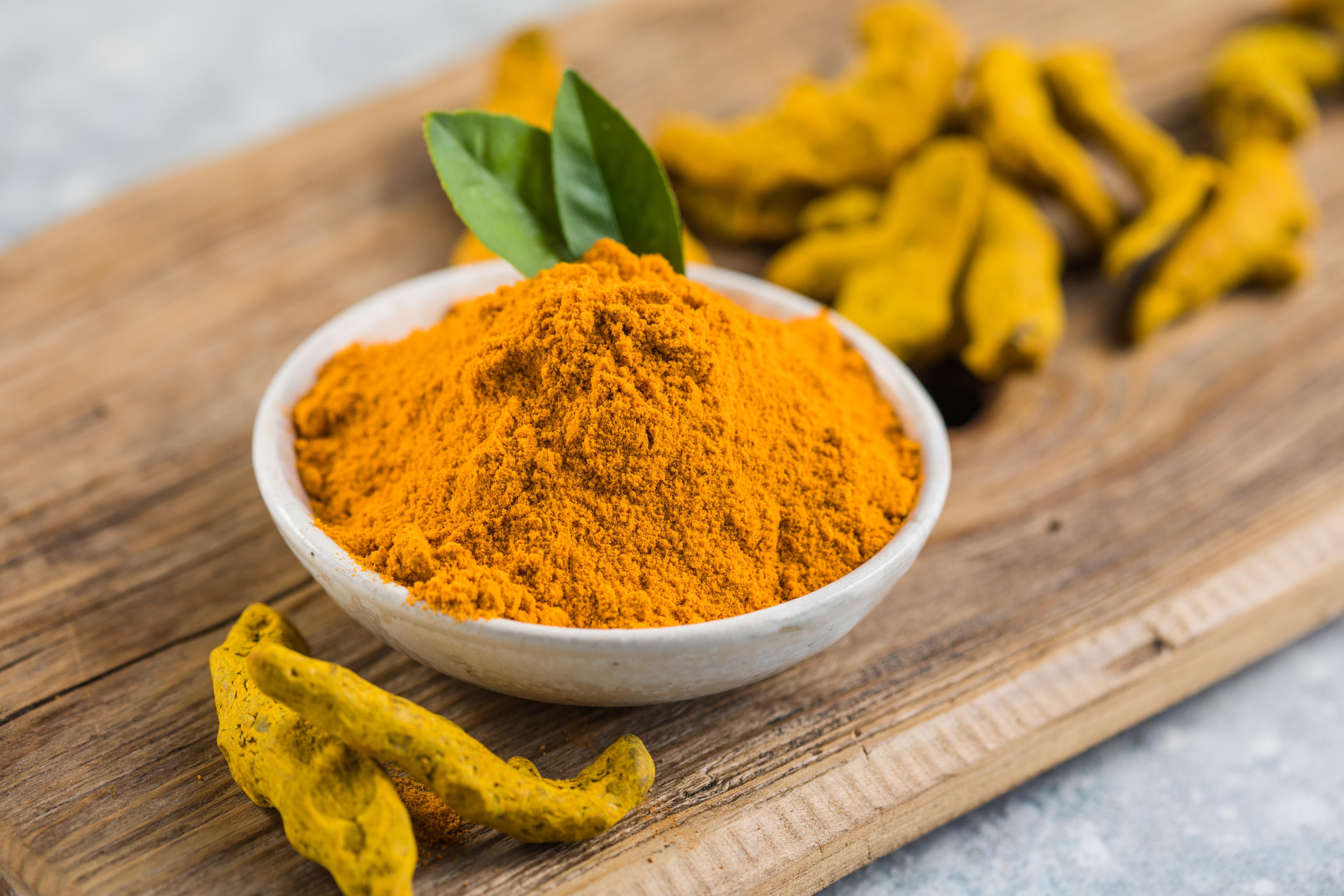
Turmeric, often referred to as the 'golden spice', is renowned for its vibrant color and medicinal properties. The active compound in turmeric, curcumin, is a powerful anti-inflammatory agent. Studies have shown that curcumin can inhibit molecules that play a role in inflammation, making it effective in managing conditions like arthritis and inflammatory bowel disease. Incorporating turmeric into your diet is relatively easy. It can be added to curries, soups, and even smoothies for a nutritional boost. To enhance the absorption of curcumin, pair turmeric with black pepper, which contains piperine, a natural substance that increases its bioavailability. Whether you're sipping on a warm cup of golden milk or enjoying a spiced curry, turmeric is a versatile ingredient that can add both color and health benefits to your meals.
2. Ginger: The Fiery Root
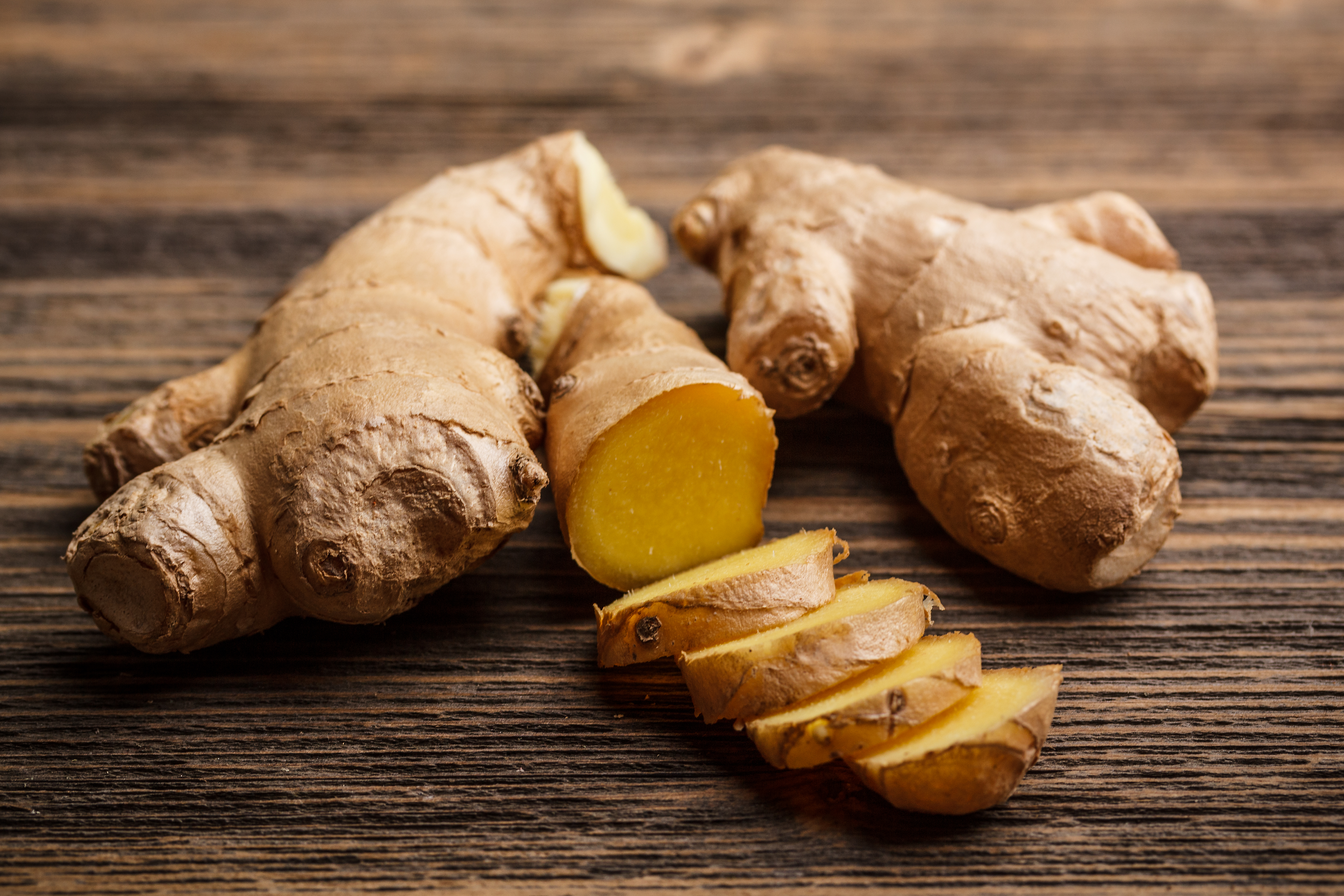
Ginger, with its distinctive spicy flavor, is a staple in many cuisines around the world. This root is not only a culinary delight but also a potent anti-inflammatory agent. Ginger contains gingerols, compounds that have been shown to reduce inflammation and pain, particularly in conditions like osteoarthritis. Beyond its anti-inflammatory properties, ginger aids in digestion and can help alleviate nausea. Fresh ginger can be grated into stir-fries, teas, and baked goods, while dried ginger powder is a convenient option for seasoning. The versatility of ginger makes it an easy addition to both sweet and savory dishes, ensuring that you can enjoy its benefits in a variety of ways.
3. Garlic: The Pungent Protector
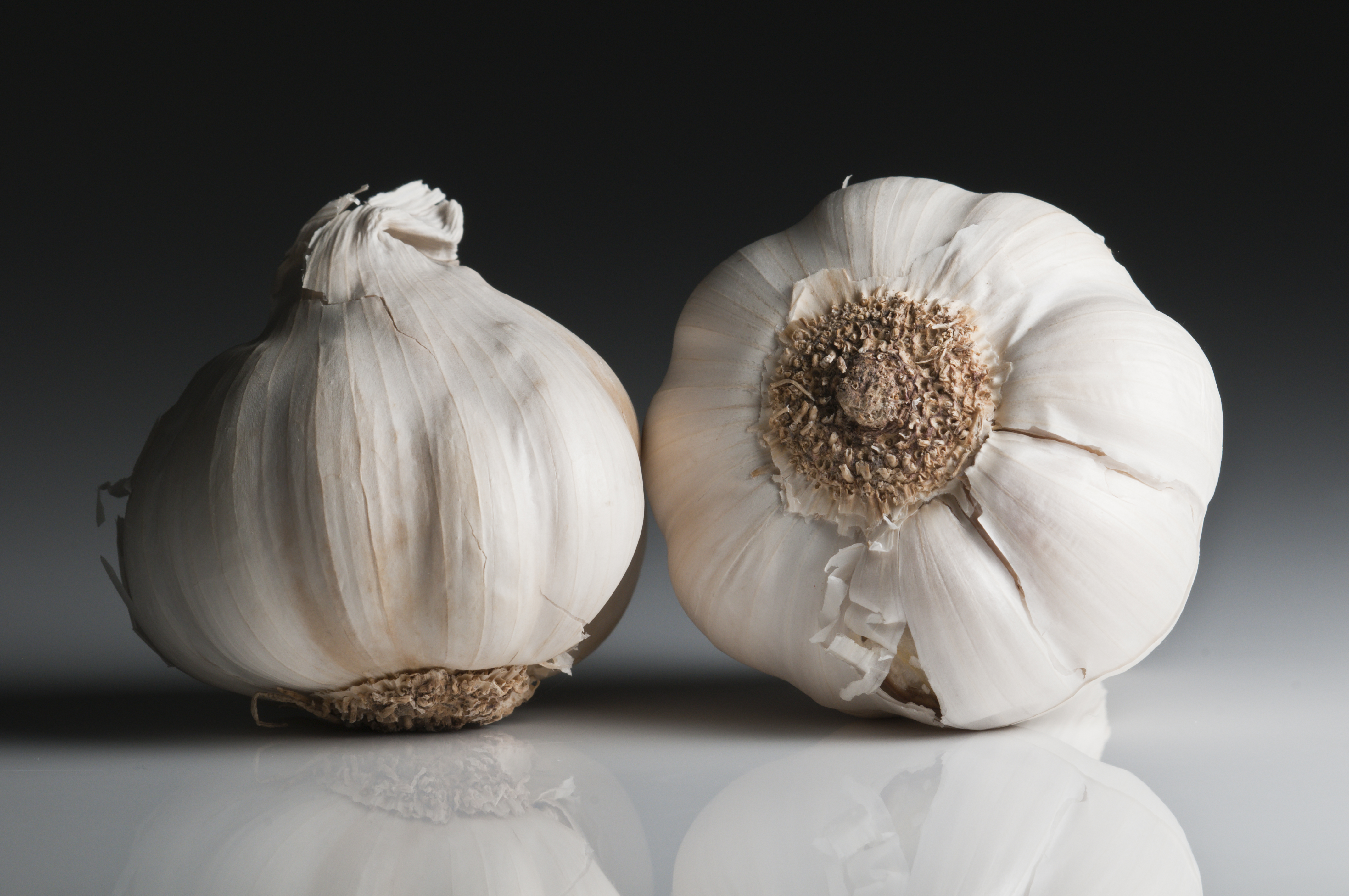
Garlic has been used for centuries as both a food and medicine. Known for its pungent aroma and flavor, garlic is a powerful anti-inflammatory ingredient. The sulfur compounds in garlic, such as allicin, have been shown to reduce inflammation and boost the immune system. Regular consumption of garlic can help lower the risk of chronic diseases, including heart disease and certain cancers. Garlic can be used fresh, roasted, or in powdered form, making it a versatile addition to any dish. Whether you're adding it to pasta sauces, marinades, or salad dressings, garlic not only enhances flavor but also provides significant health benefits.
4. Cinnamon: The Sweet Healer

Cinnamon is more than just a sweet spice for desserts; it is a potent anti-inflammatory agent with numerous health benefits. The active compounds in cinnamon, such as cinnamaldehyde, have been shown to reduce inflammation and may help lower blood sugar levels. Incorporating cinnamon into your daily diet can be as simple as sprinkling it on oatmeal, yogurt, or in your morning coffee. Cinnamon's warm, sweet flavor complements both sweet and savory dishes, making it a versatile spice in the kitchen. By adding cinnamon to your meals, you not only enhance the flavor but also support your body's fight against inflammation.
5. Cayenne Pepper: The Spicy Powerhouse
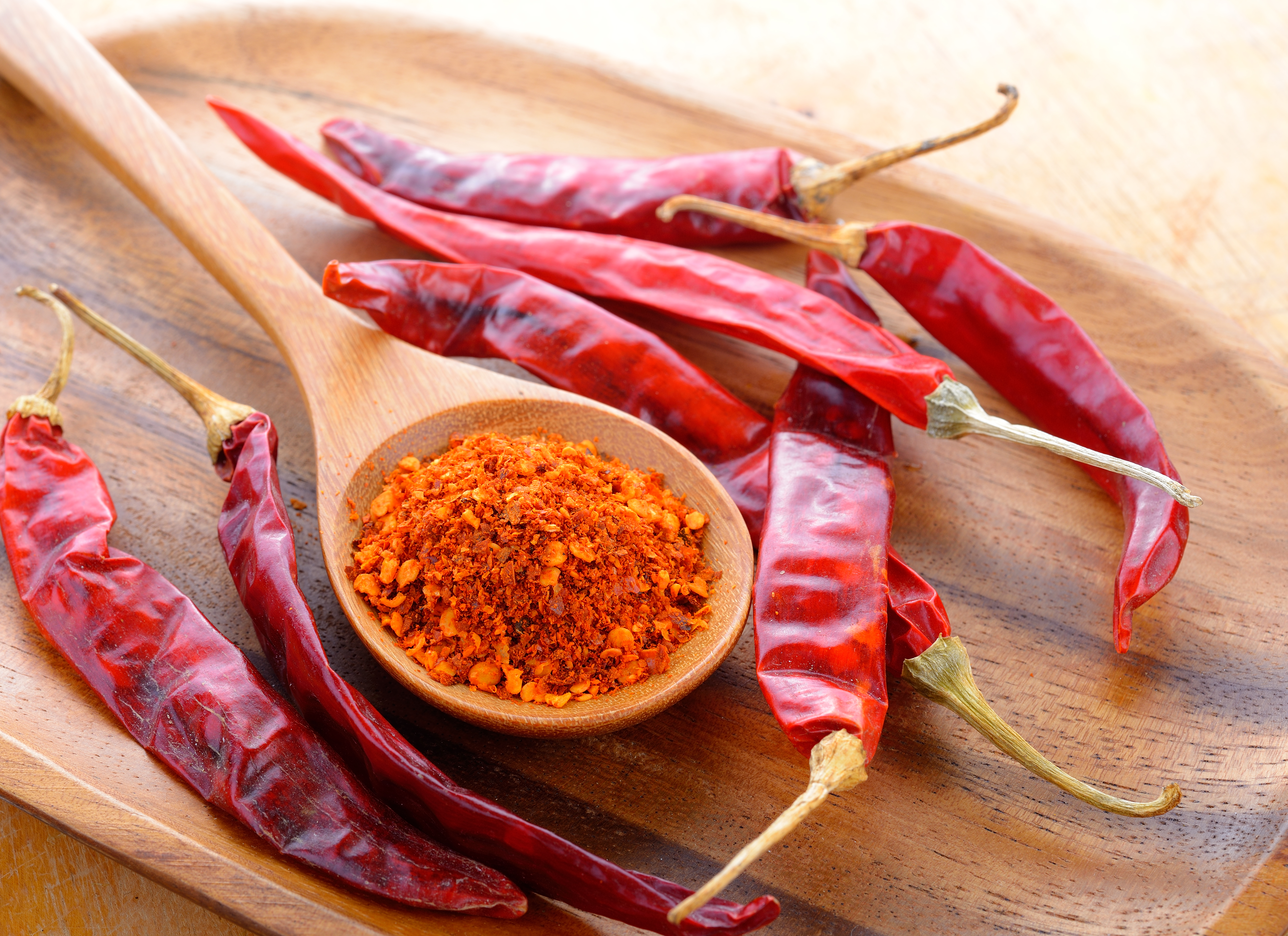
Cayenne pepper, known for its fiery heat, is a powerful anti-inflammatory ingredient. The active component in cayenne pepper, capsaicin, has been shown to reduce pain and inflammation by inhibiting the production of certain inflammatory compounds. This makes cayenne pepper an effective natural remedy for conditions like arthritis and muscle pain. Adding cayenne pepper to your meals can boost metabolism and add a spicy kick to dishes like soups, stews, and even chocolate. For those who enjoy a bit of heat, cayenne pepper is a flavorful way to enhance your meals while reaping its health benefits.
6. Black Pepper: The Bioavailability Booster
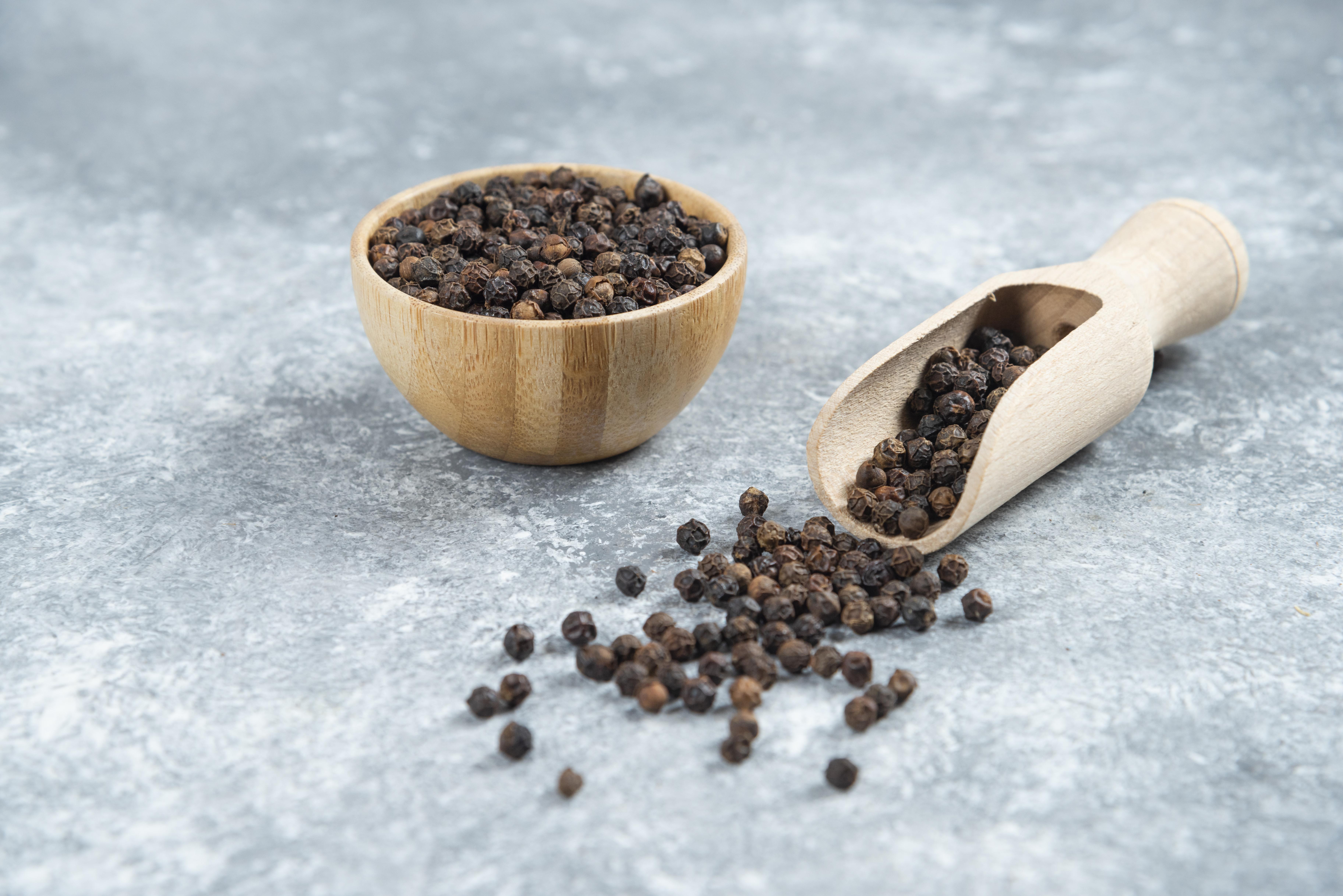
Black pepper is a common spice found in almost every kitchen, but its benefits extend beyond flavor enhancement. Piperine, the active compound in black pepper, has been shown to enhance the absorption of other nutrients and compounds, such as curcumin in turmeric. This makes black pepper an essential partner in maximizing the anti-inflammatory benefits of other ingredients. Additionally, black pepper itself has anti-inflammatory properties and can aid in digestion. A dash of black pepper can be added to virtually any dish, from soups to salads, ensuring you get the most out of your meals.
7. Cloves: The Aromatic Antioxidant
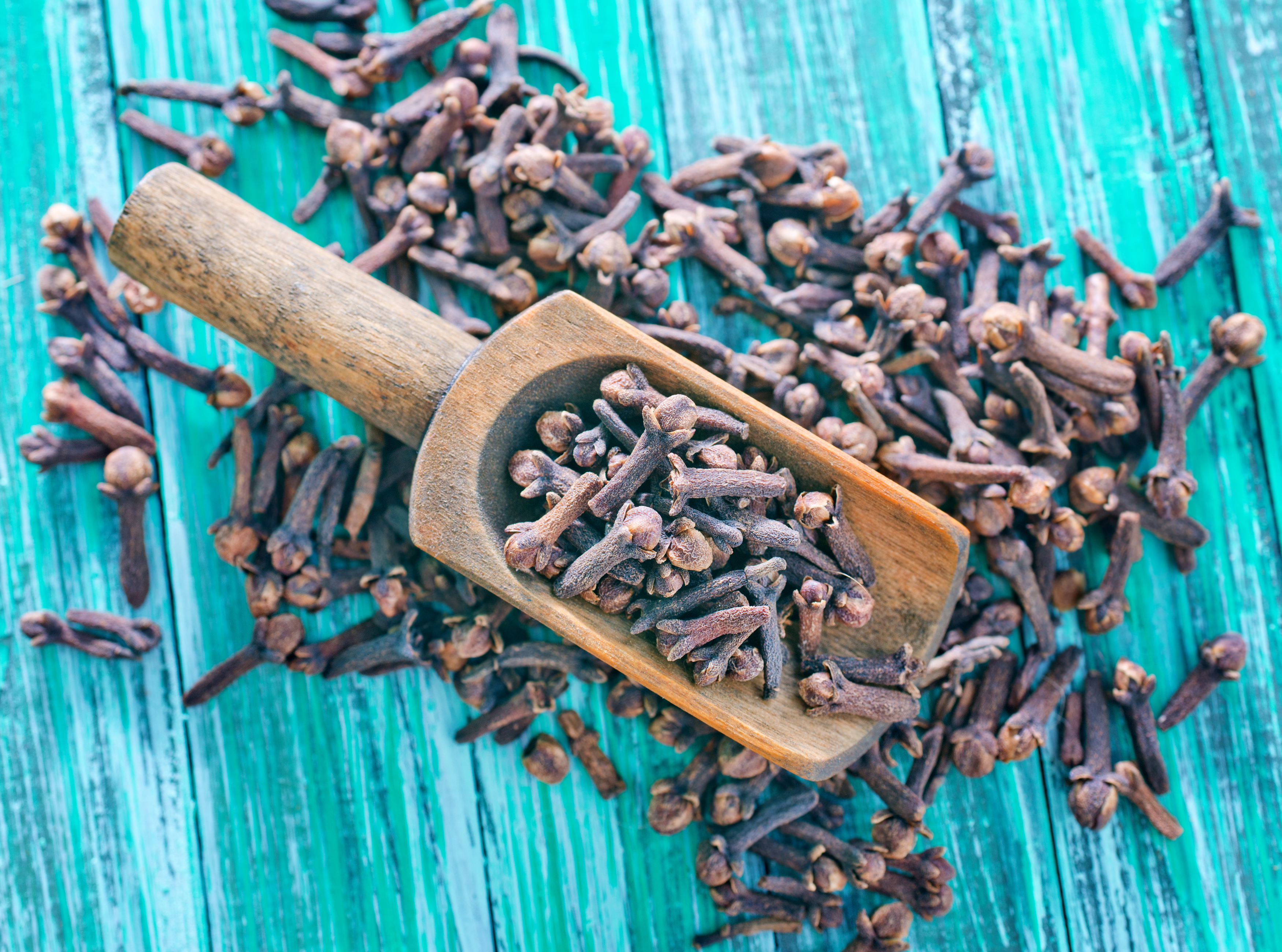
Cloves are aromatic flower buds that have been used in traditional medicine for their anti-inflammatory and antioxidant properties. The active compound in cloves, eugenol, has been shown to reduce inflammation and pain, making it beneficial for conditions like arthritis. Cloves can be used whole or ground in a variety of dishes, from baked goods to savory curries. Their warm, sweet flavor can enhance the taste of both sweet and savory dishes, making them a versatile addition to your spice cabinet. By incorporating cloves into your meals, you can enjoy their aromatic flavor while supporting your body's anti-inflammatory efforts.
8. Rosemary: The Fragrant Healer
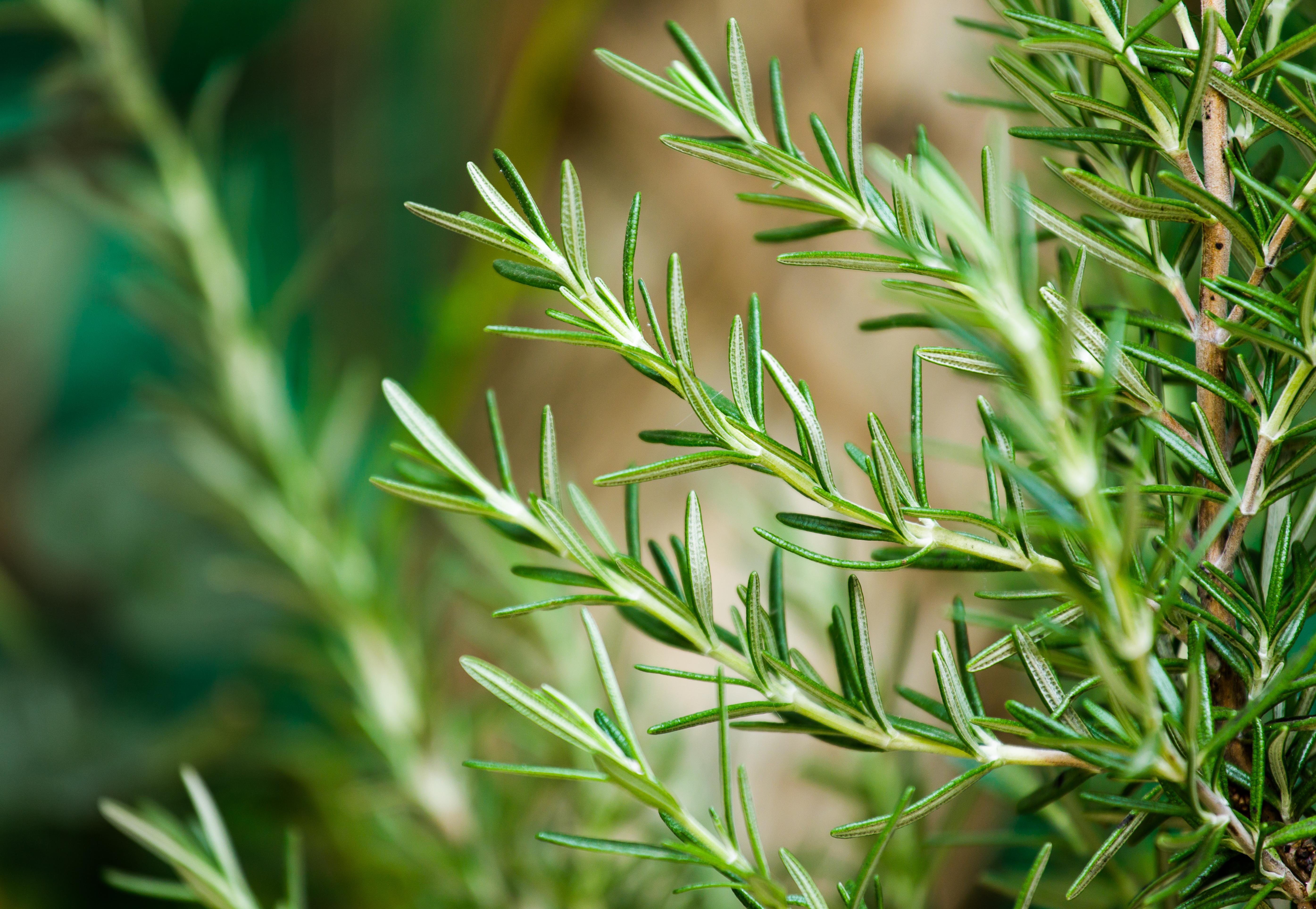
Rosemary is an aromatic herb that has been used for centuries for its medicinal properties. It contains rosmarinic acid, a compound known for its anti-inflammatory and antioxidant effects. Rosemary can help reduce inflammation in the body and is particularly beneficial for respiratory conditions. The herb can be used fresh or dried in a variety of dishes, from roasted meats to vegetable stews. Its distinctive flavor pairs well with a variety of ingredients, making it a versatile addition to your culinary repertoire. By incorporating rosemary into your meals, you can enjoy its fragrant flavor while supporting your health.
9. Oregano: The Mediterranean Marvel
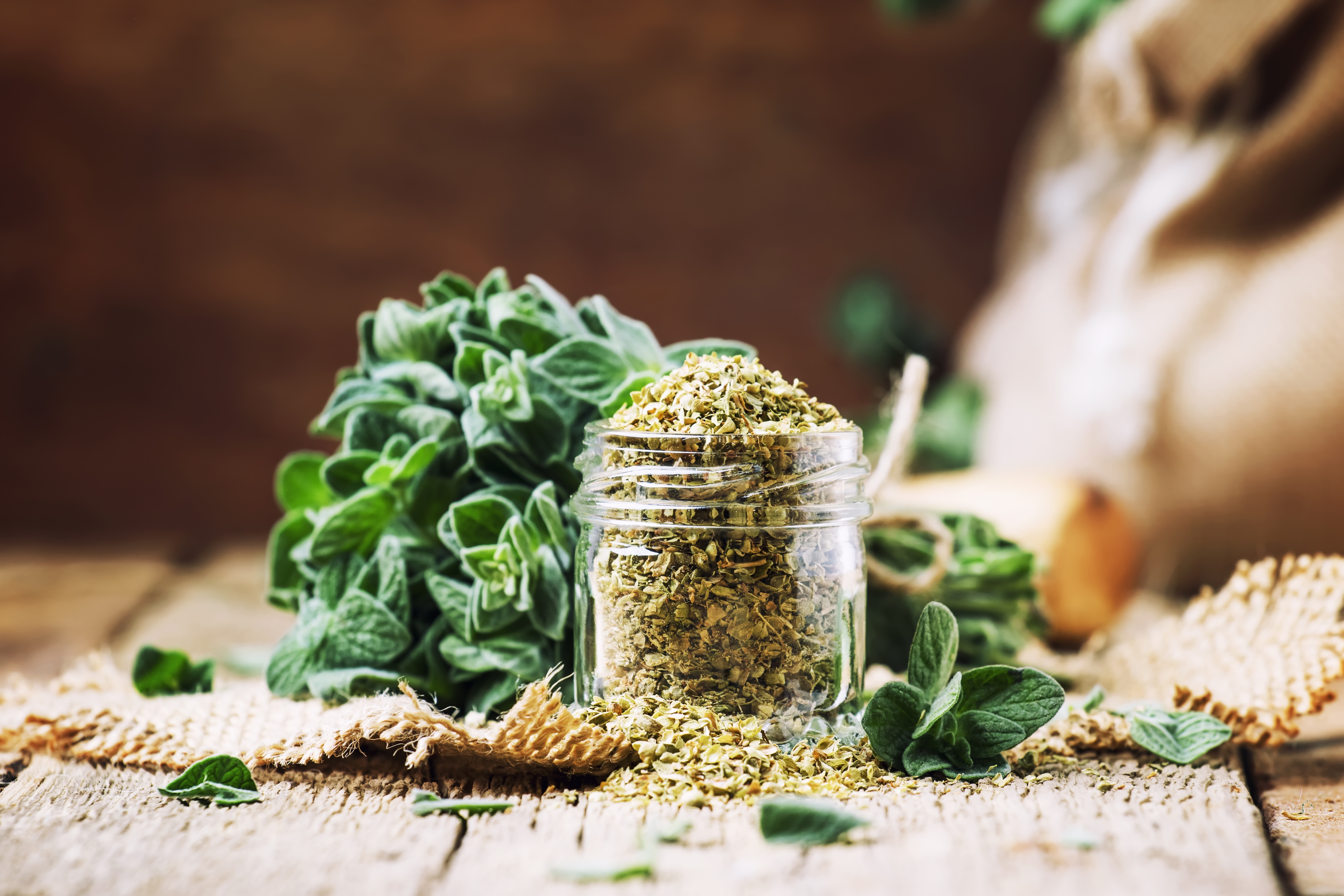
Oregano is a staple in Mediterranean cuisine and is known for its potent anti-inflammatory properties. The herb contains compounds like carvacrol and thymol, which have been shown to reduce inflammation and fight infections. Oregano can be used fresh or dried in a variety of dishes, from pasta sauces to grilled meats. Its robust flavor pairs well with a variety of ingredients, making it a versatile addition to your kitchen. By incorporating oregano into your meals, you can enjoy its bold flavor while supporting your body's anti-inflammatory efforts.
10. Basil: The Sweet Protector
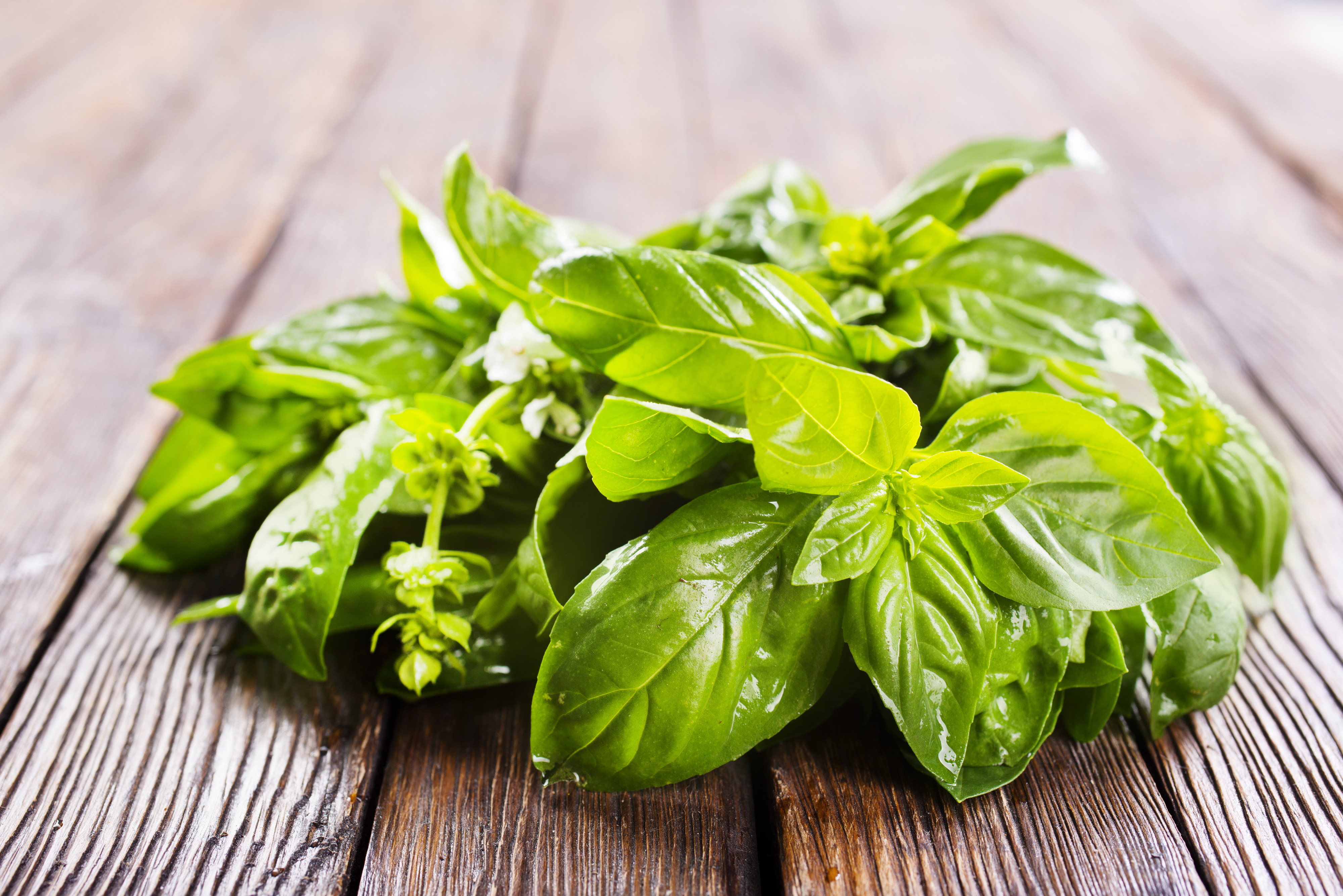
Basil is a fragrant herb that is commonly used in Italian and Southeast Asian cuisines. It contains essential oils like eugenol, which have been shown to reduce inflammation and provide antioxidant benefits. Basil can be used fresh or dried in a variety of dishes, from pesto sauces to salads. Its sweet, peppery flavor pairs well with a variety of ingredients, making it a versatile addition to your kitchen. By incorporating basil into your meals, you can enjoy its delightful flavor while supporting your health.
11. Sage: The Earthy Elixir
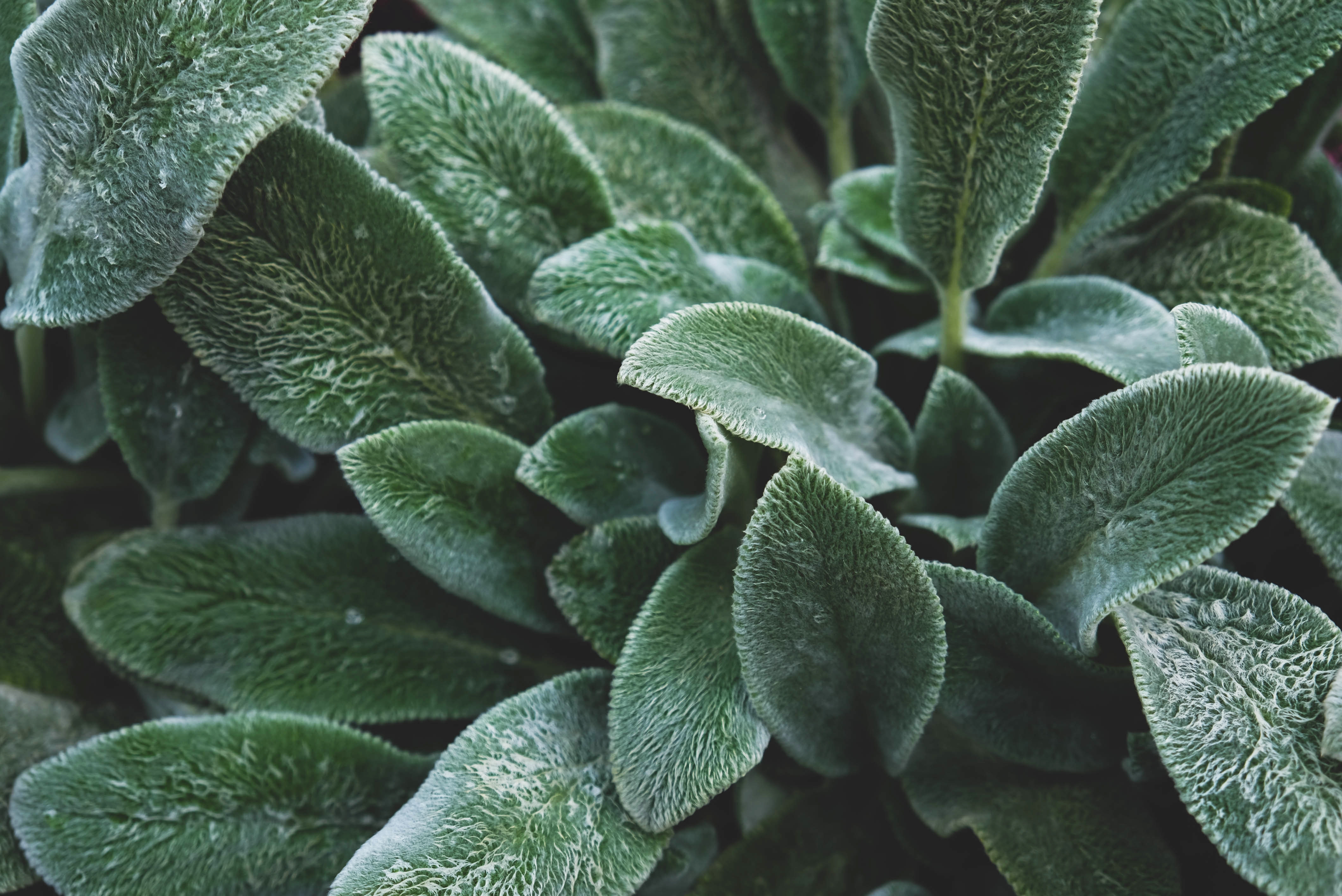
Sage is an herb with a long history of medicinal use, known for its anti-inflammatory and antioxidant properties. The active compounds in sage, such as rosmarinic acid, have been shown to reduce inflammation and improve brain function. Sage can be used fresh or dried in a variety of dishes, from stuffing to roasted vegetables. Its earthy, slightly peppery flavor pairs well with a variety of ingredients, making it a versatile addition to your kitchen. By incorporating sage into your meals, you can enjoy its robust flavor while supporting your health.
12. Thyme: The Timeless Healer
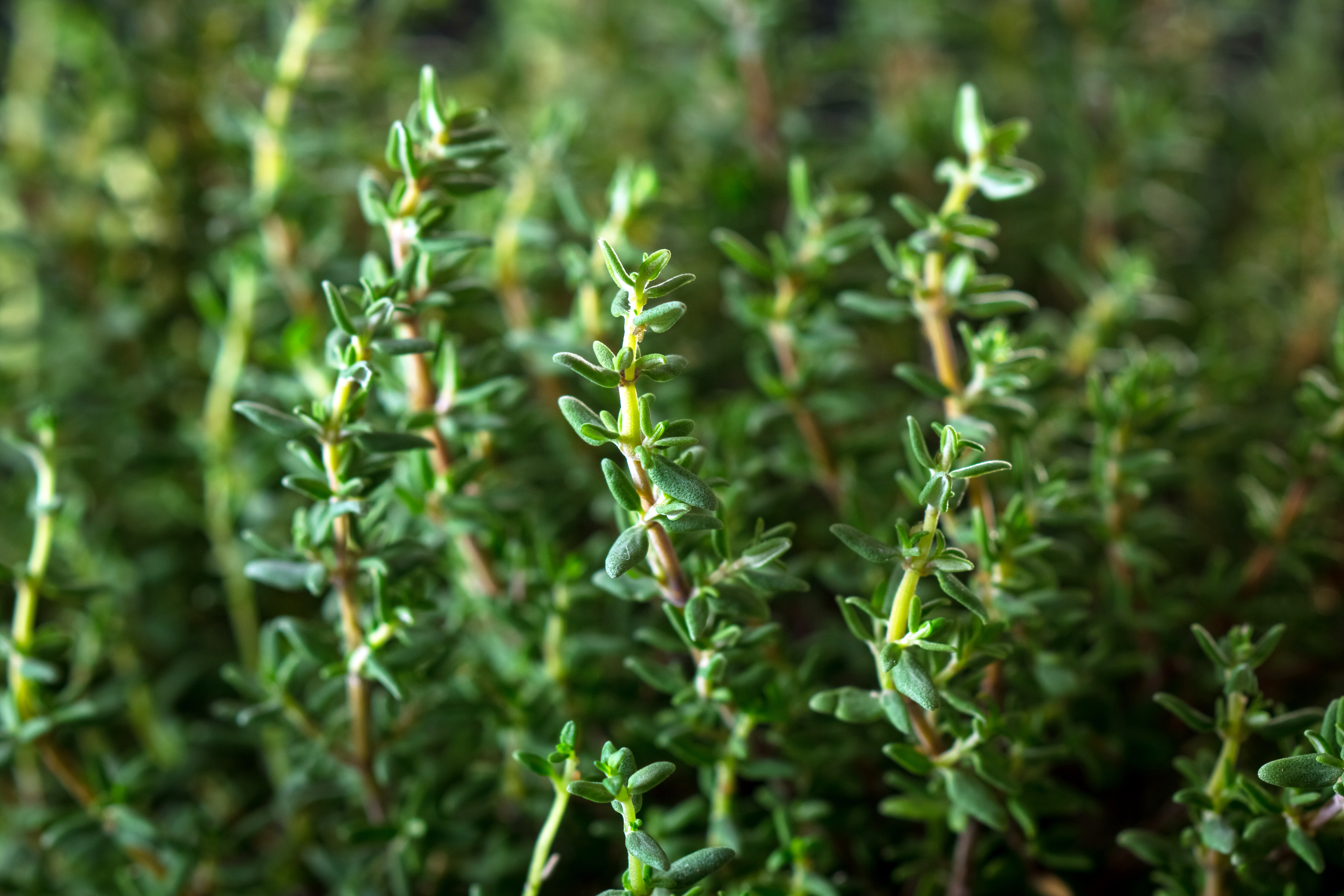
Thyme is a fragrant herb that has been used for centuries for its medicinal properties. It contains thymol, an essential oil with anti-inflammatory and antimicrobial effects. Thyme can be used fresh or dried in a variety of dishes, from soups to roasted meats. Its subtle, earthy flavor pairs well with a variety of ingredients, making it a versatile addition to your kitchen. By incorporating thyme into your meals, you can enjoy its delicate flavor while supporting your body's anti-inflammatory efforts.
13. Cardamom – The Sweet & Spicy Detoxifier
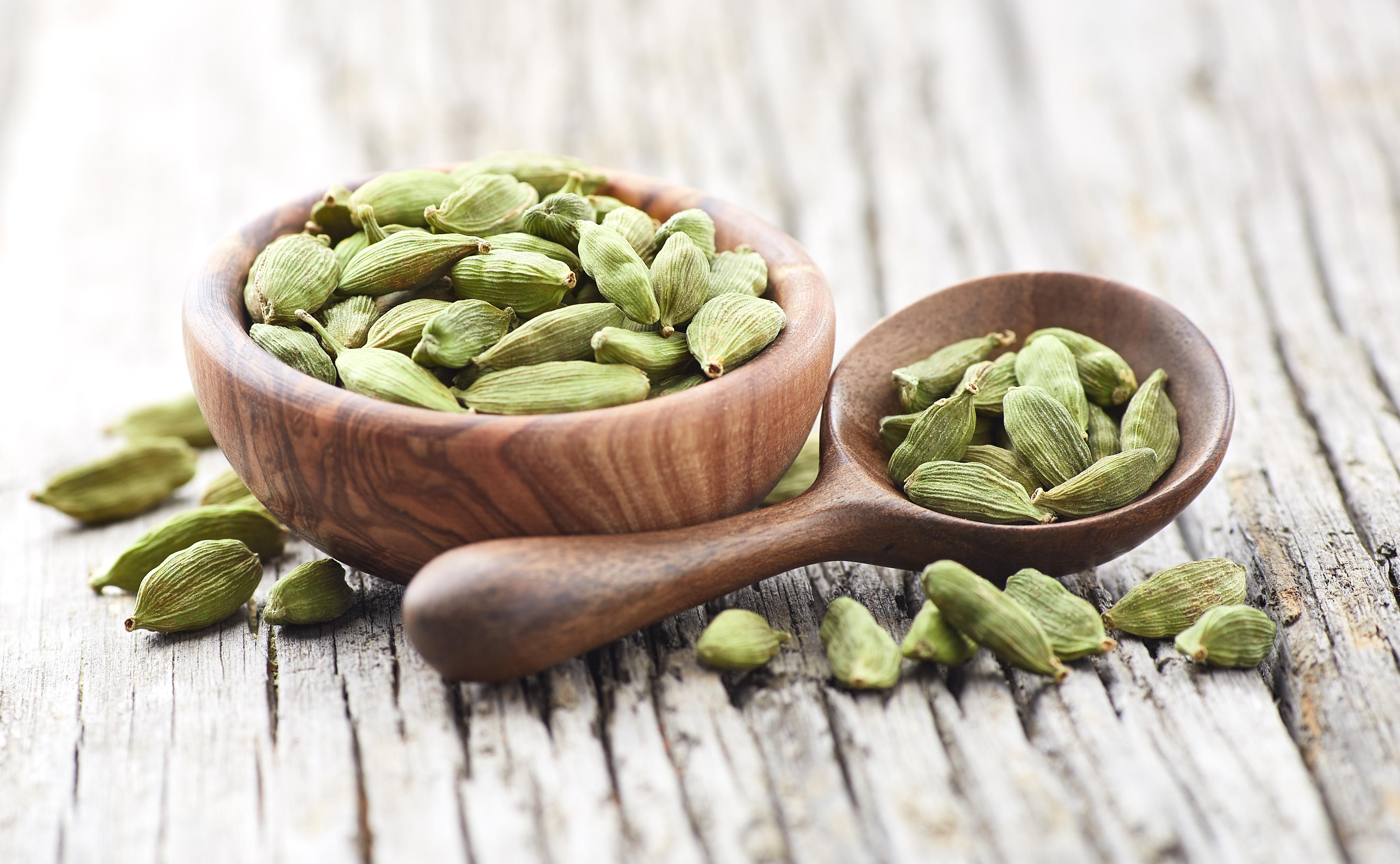
A staple in Indian and Middle Eastern cuisine, cardamom is packed with anti-inflammatory, antibacterial, and detoxifying properties. Studies suggest that cardamom’s active compounds can help reduce liver inflammation, improve digestion, and even lower blood pressure. Its warming, slightly sweet flavor makes it a perfect addition to both sweet and savory dishes.How to Use It: Add it to chai tea, curries, oatmeal, or smoothies for a fragrant, anti-inflammatory boost.
14. Star Anise – The Gut-Healing Powerhouse
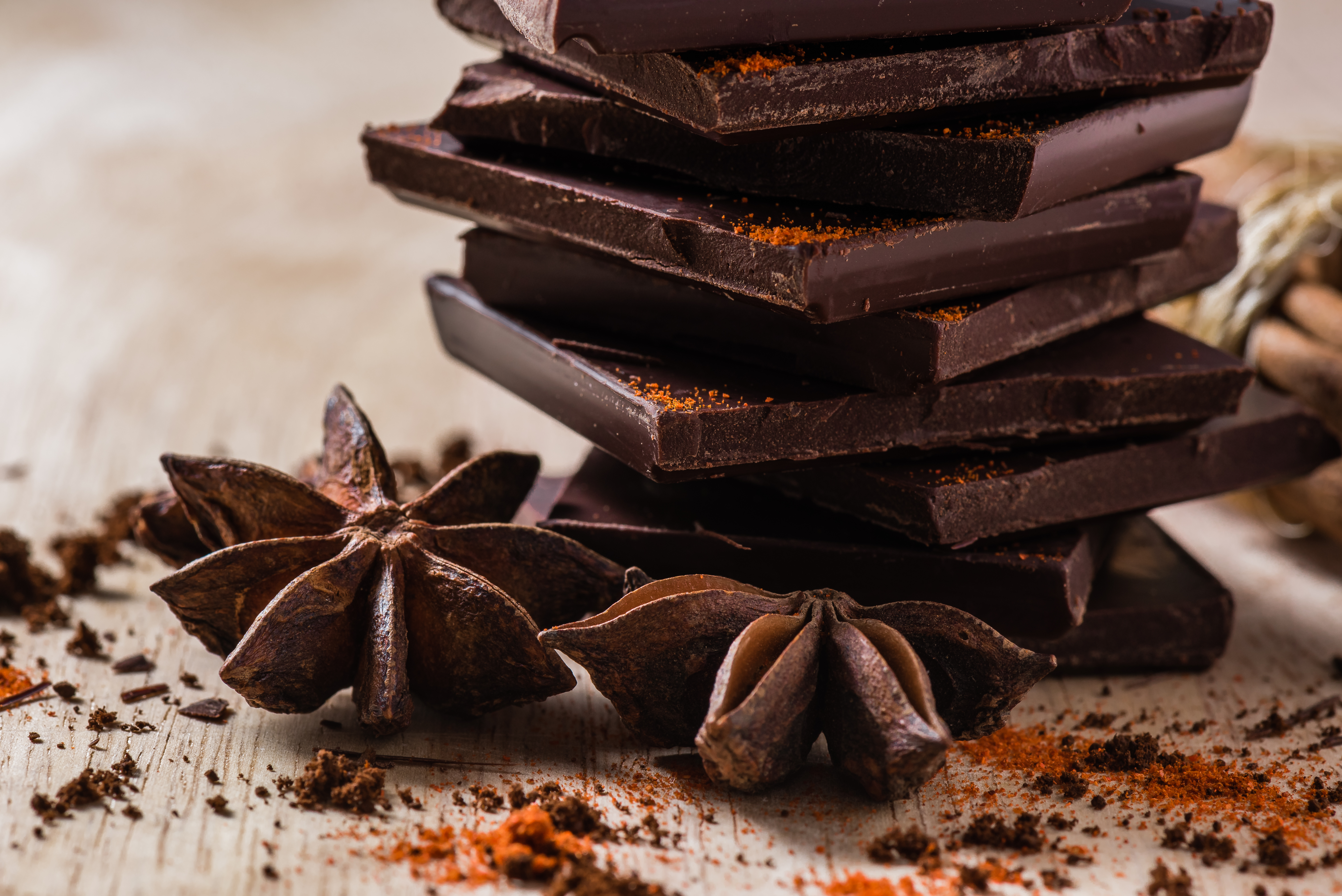
This star-shaped spice isn’t just visually striking—it’s also loaded with flavonoids and polyphenols that fight inflammation. Star anise is particularly beneficial for gut health, helping to reduce bloating, gas, and digestive discomfort. It also contains shikimic acid, a compound used in antiviral medications.How to Use It: Brew it into tea, simmer in broths, or use in spice rubs for meats and veggies.
15. Fenugreek – The Sugar & Inflammation Balancer
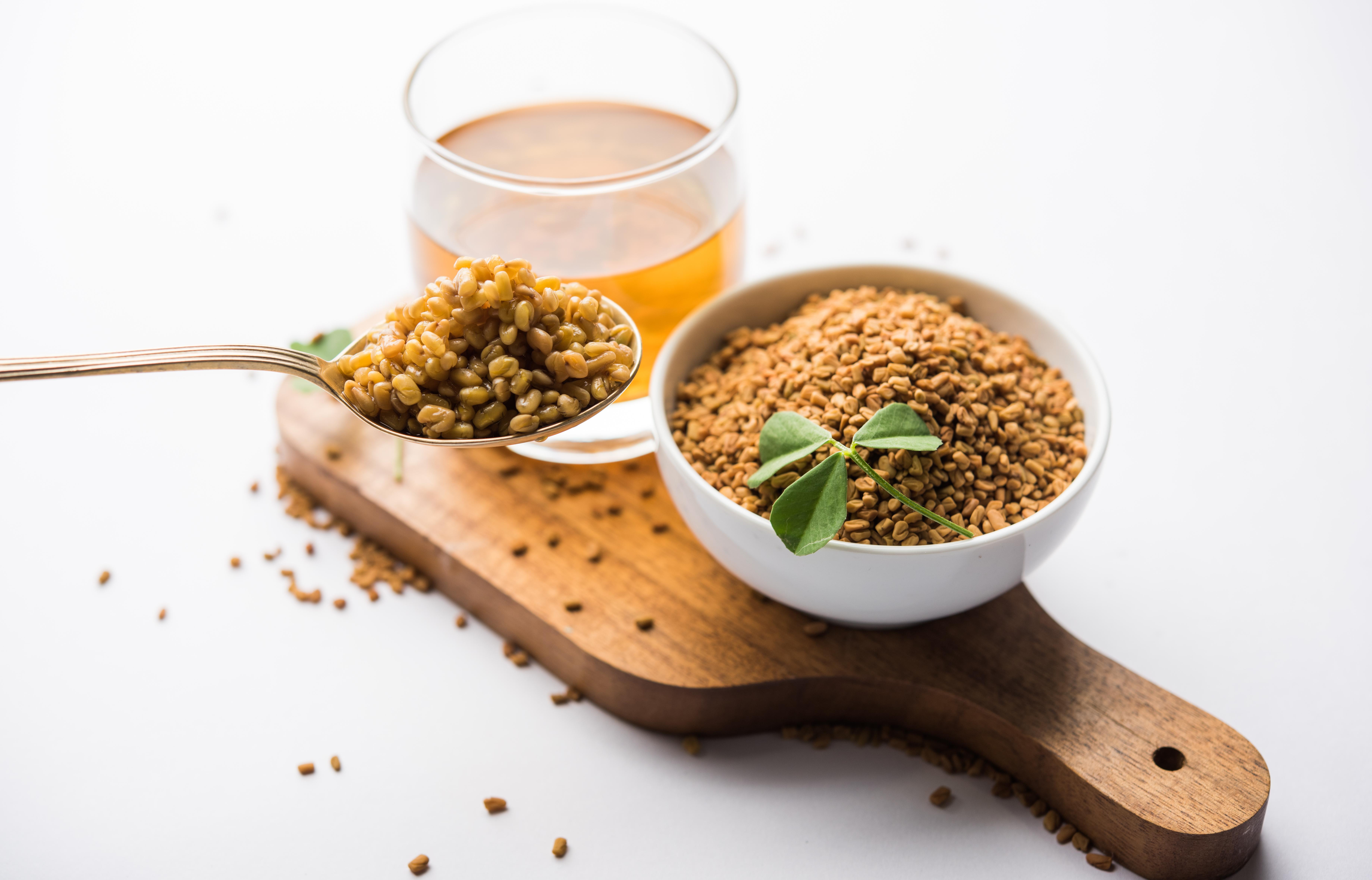
Fenugreek is an underrated anti-inflammatory spice that regulates blood sugar, soothes digestion, and reduces chronic inflammation. Studies show that fenugreek can help ease symptoms of arthritis and muscle pain, making it a great addition for those dealing with inflammatory conditions.How to Use It: Sprinkle ground fenugreek into soups, stir-fries, or homemade bread.
16. Sumac – The Antioxidant Powerhouse
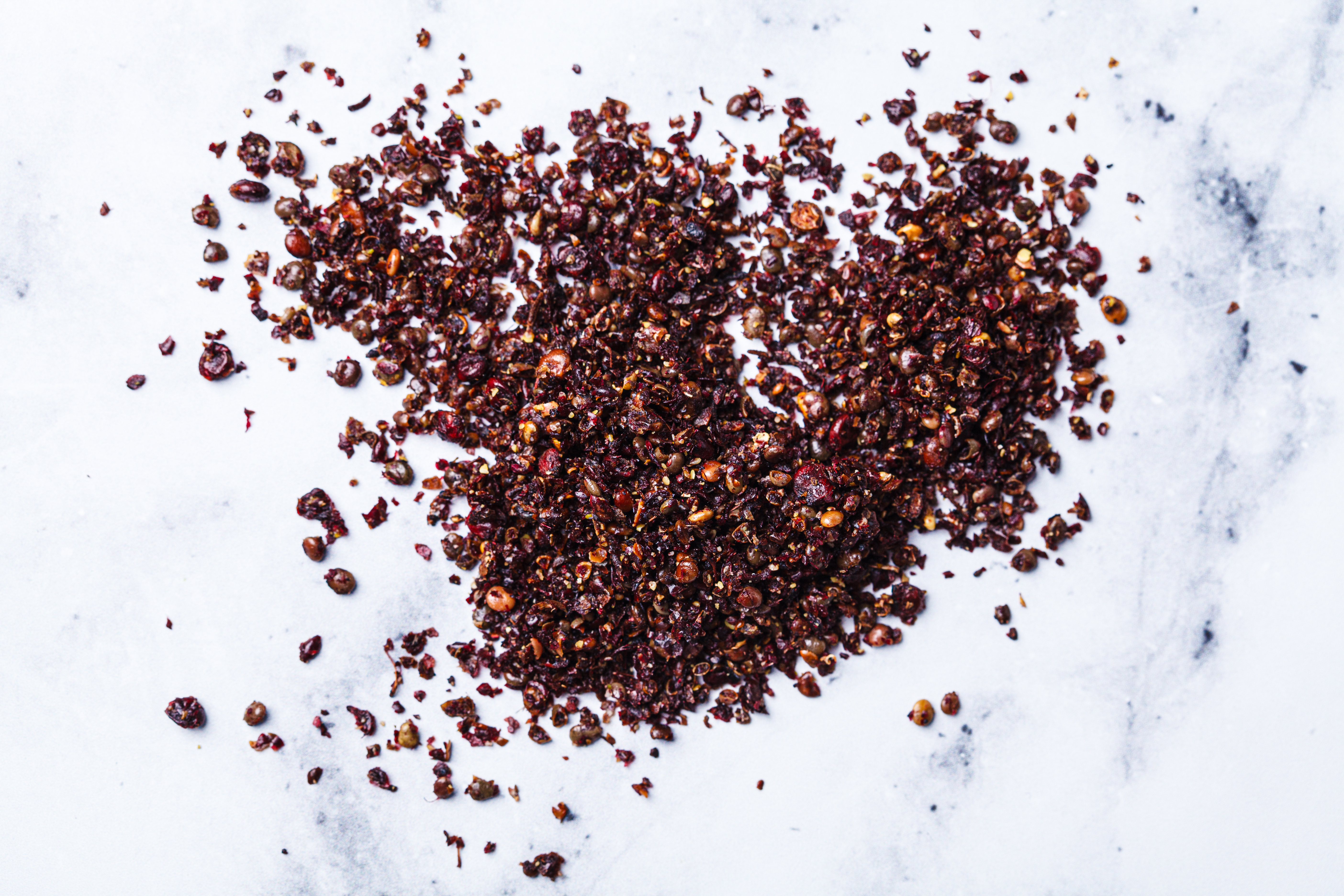
One of the most potent anti-inflammatory and antioxidant-rich spices, sumac is widely used in Middle Eastern cuisine. It has a citrusy, tangy flavor and is loaded with polyphenols that reduce oxidative stress and inflammation. Research suggests sumac may help improve heart health and reduce muscle pain.How to Use It: Sprinkle it over salads, roasted veggies, hummus, or grilled meats for a bright, lemony kick.
17. Nutmeg – The Warming Anti-Inflammatory Spice
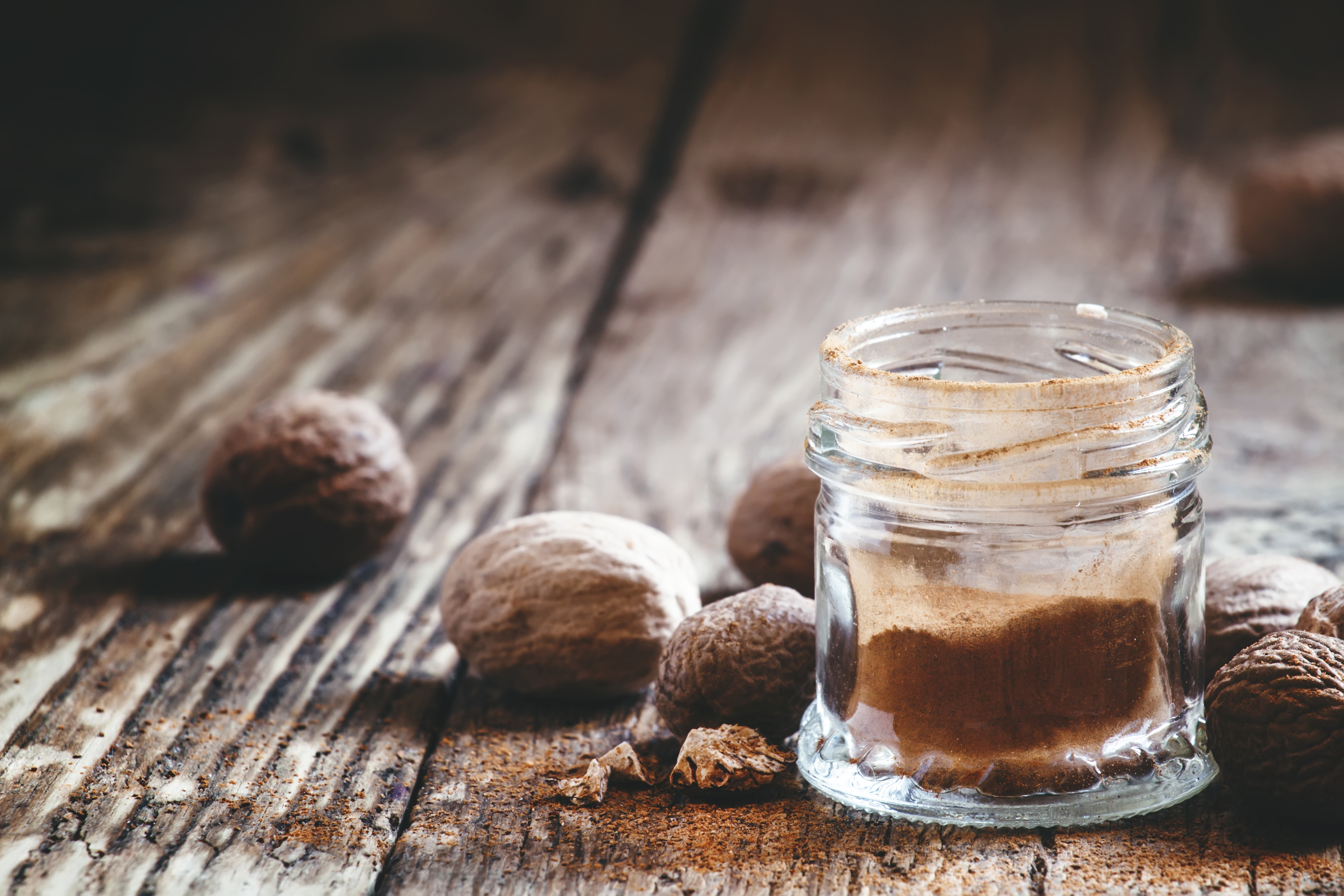
Nutmeg is rich in anti-inflammatory compounds, including myristicin and elemicin, which reduce joint pain and boost brain health. It’s also known for its calming effects, making it useful for soothing digestive discomfort and improving sleep.How to Use It: Add a pinch to lattes, oatmeal, baked goods, or creamy soups.
18. Mustard Seeds – The Anti-Cancer Super Spice
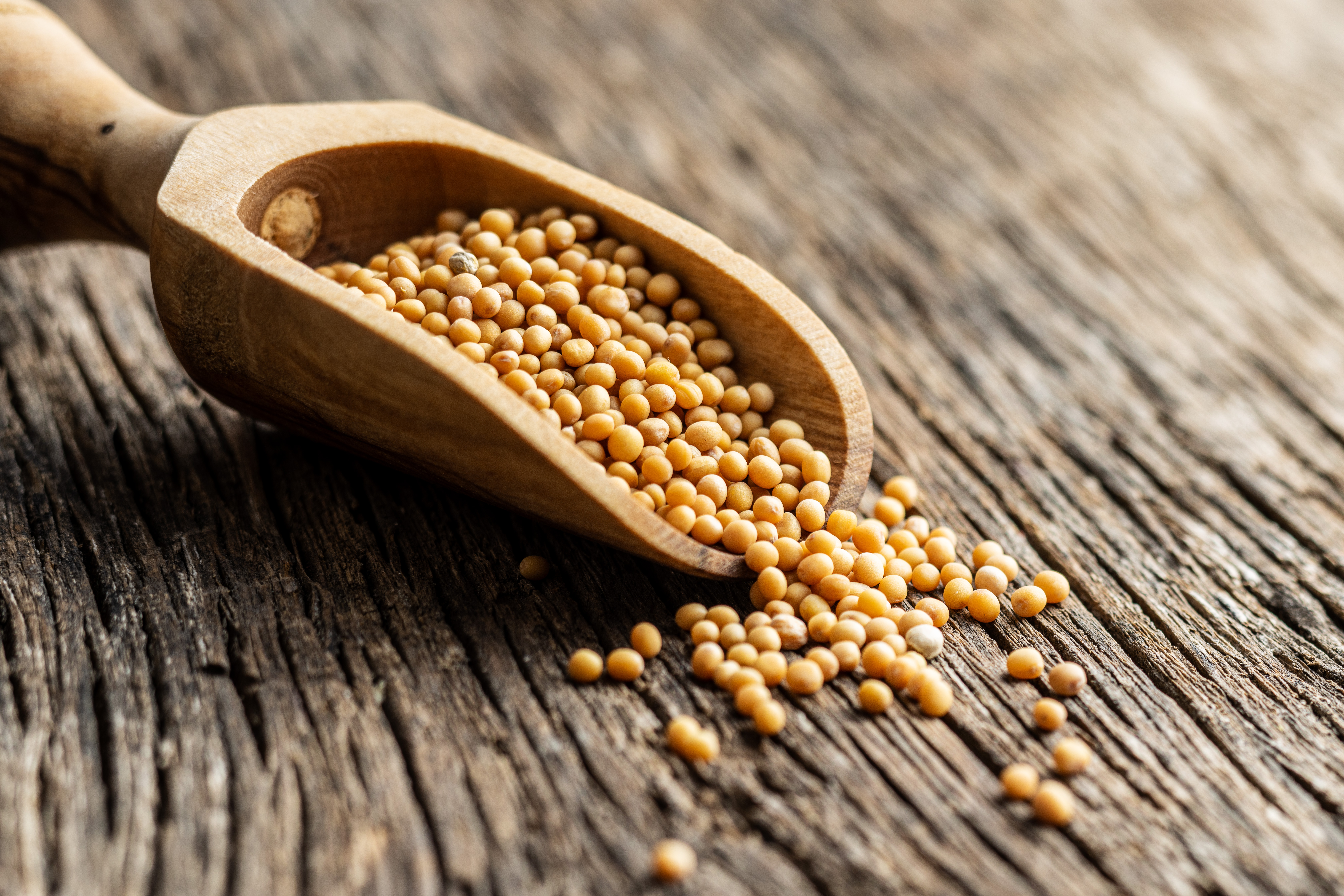
Mustard seeds are packed with anti-inflammatory compounds that fight oxidative stress and may even have cancer-fighting properties. Their high selenium and magnesium content also makes them great for reducing muscle pain and boosting metabolism.How to Use It: Use whole seeds in homemade mustard, salad dressings, or spice rubs for meats.
19. Saffron – The Golden Mood-Booster
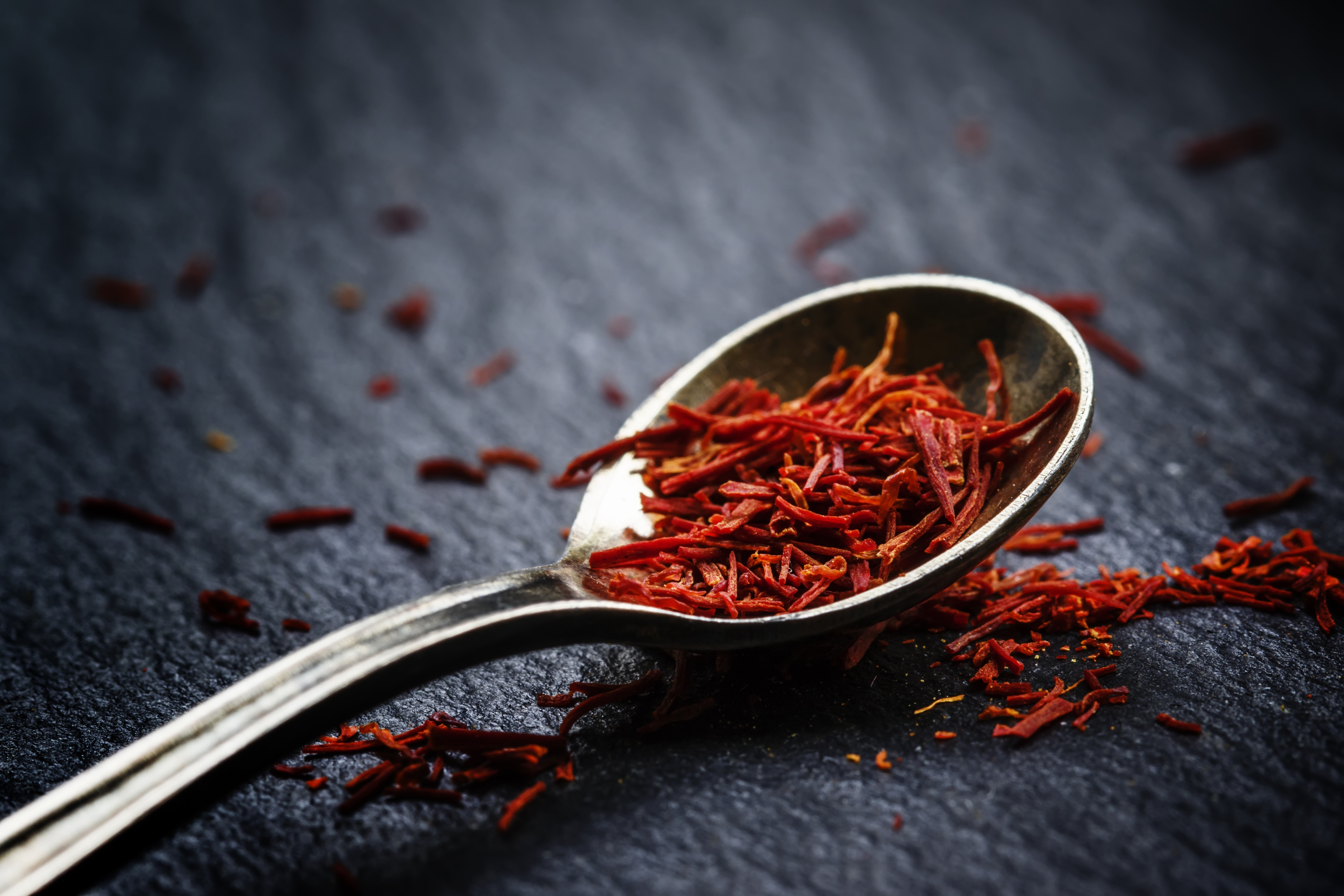
Saffron is one of the most expensive spices in the world, but it’s also one of the most powerful when it comes to fighting inflammation. Rich in crocin and safranal, saffron has been shown to improve mood, ease depression, and reduce inflammatory markers in the body.How to Use It: Infuse saffron into rice, stews, or teas for a luxurious health boost.
20. Coriander (Cilantro Seeds) – The Detoxifying Herb
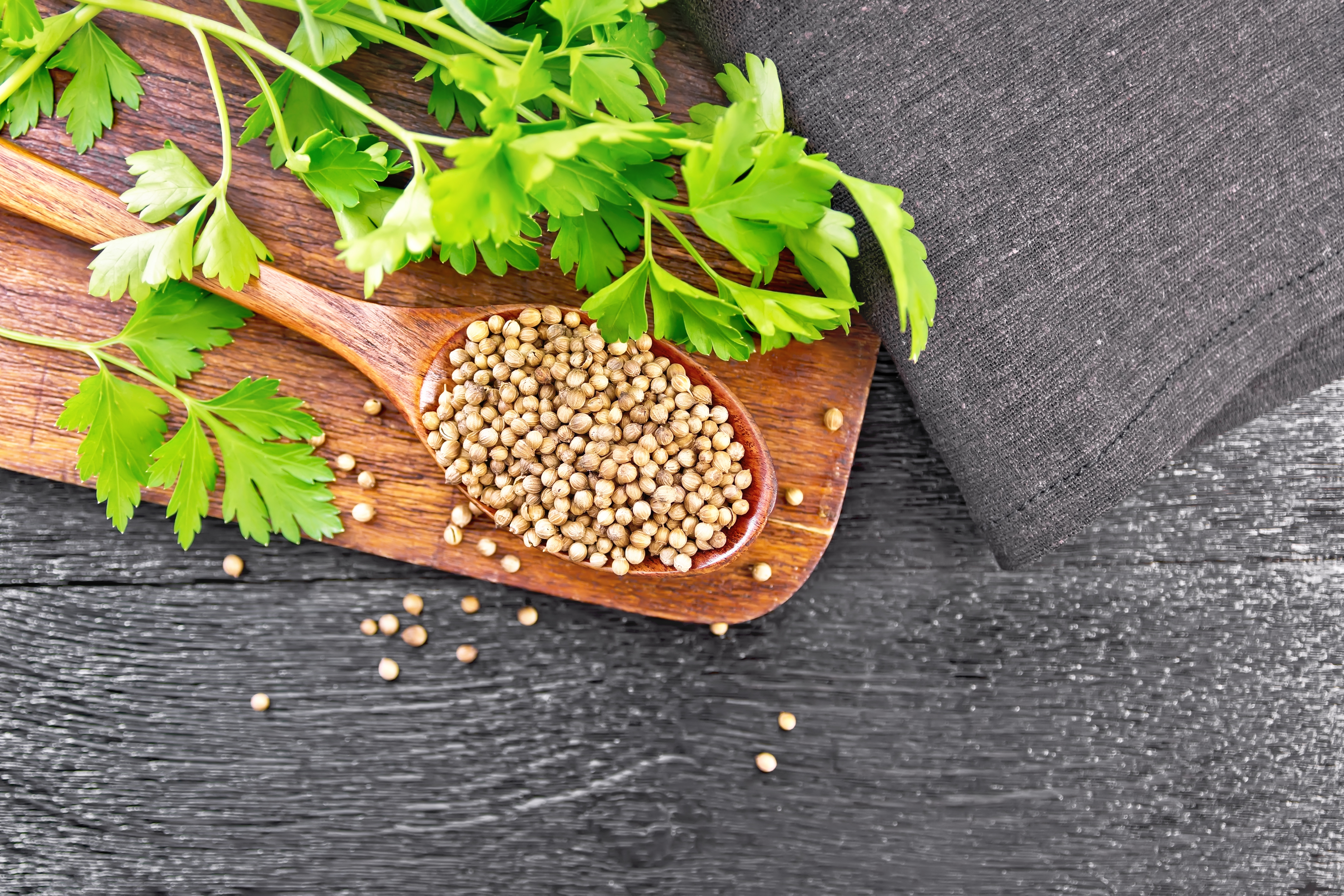
Coriander seeds are rich in antioxidants and anti-inflammatory compounds, helping to reduce bloating, improve digestion, and support liver detoxification. Research suggests coriander may help lower cholesterol and blood sugar levels as well.How to Use It: Use ground coriander in curries, marinades, or homemade spice blends.
21. Ajwain (Carom Seeds) – The Ayurvedic Gut Healer
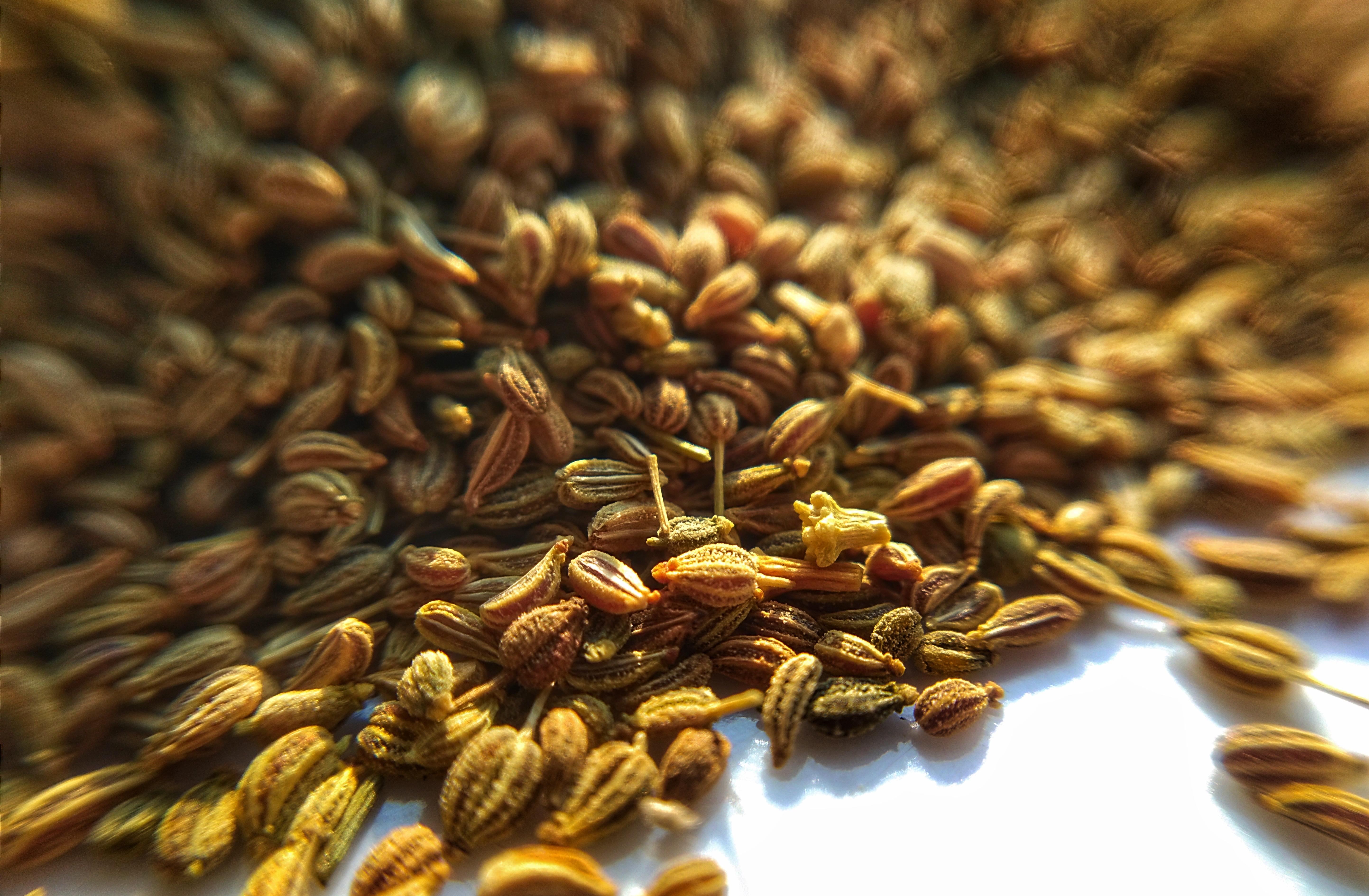
Ajwain seeds are a staple in Indian Ayurvedic medicine, known for their potent anti-inflammatory and digestive benefits. They contain thymol, a compound that helps reduce gas, bloating, and gut inflammation. Ajwain is often used as a natural remedy for acid reflux and indigestion.How to Use It: Toast the seeds and add them to flatbreads, lentil dishes, or herbal teas.
22. Bay Leaves – The Aromatic Inflammation Fighter
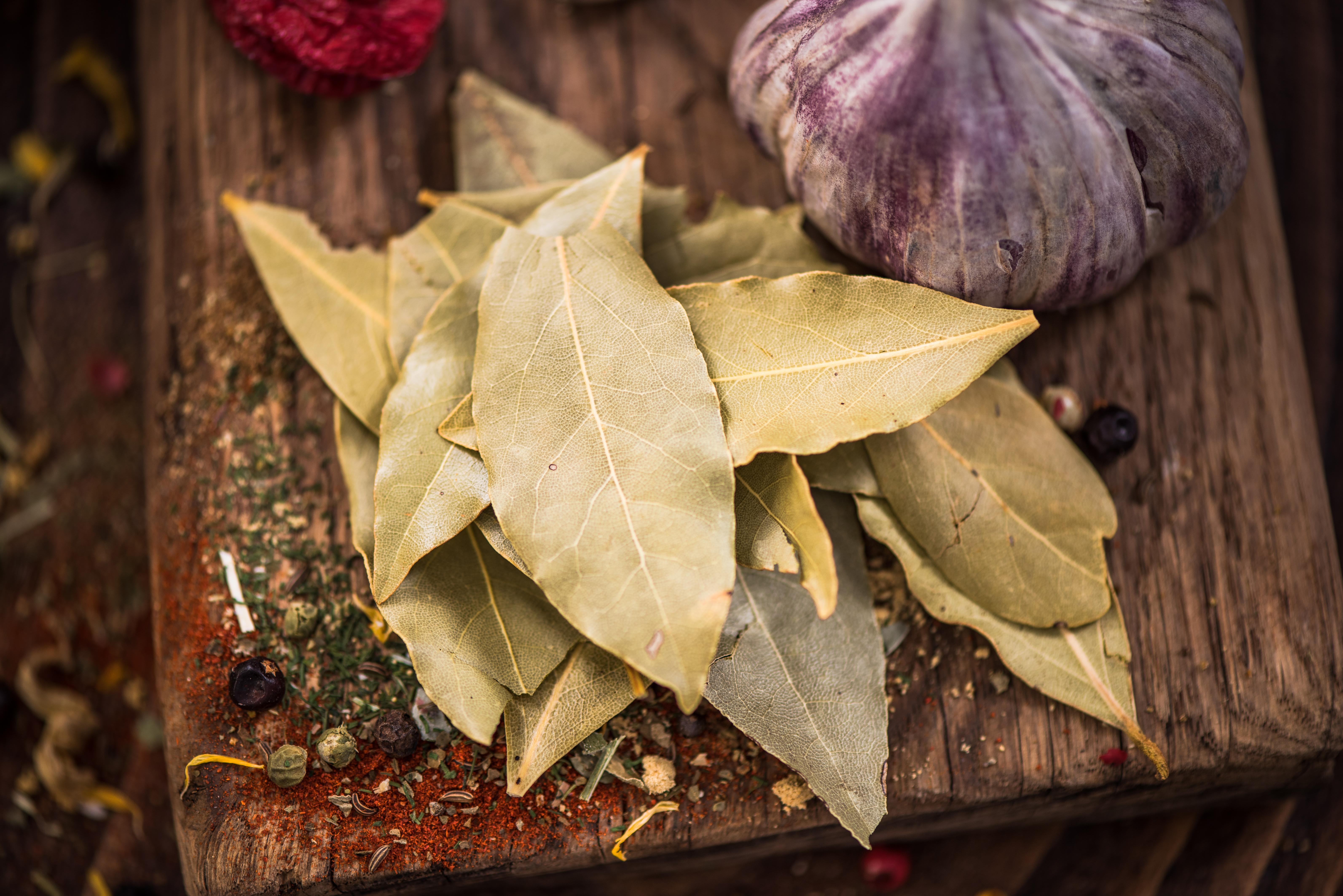
Often overlooked, bay leaves contain anti-inflammatory compounds like eugenol that help reduce joint pain and muscle soreness. They also aid in digestion and detoxification, making them an excellent spice for gut health.How to Use It: Simmer bay leaves in soups, stews, or rice dishes for a subtle, herbal boost.
A Flavorful Path to Wellness

Incorporating these 22 powerful anti-inflammatory ingredients into your meals is a delicious way to support your health and well-being. Each ingredient offers unique flavors and health benefits, providing a natural way to reduce inflammation and improve overall health. By experimenting with different combinations of spices and herbs, you can create flavorful dishes that not only delight the palate but also nurture the body. Whether you're a seasoned chef or a home cook, these ingredients offer endless possibilities for culinary creativity and health enhancement. Embrace the power of spices and herbs and transform your meals into a flavorful path to wellness.